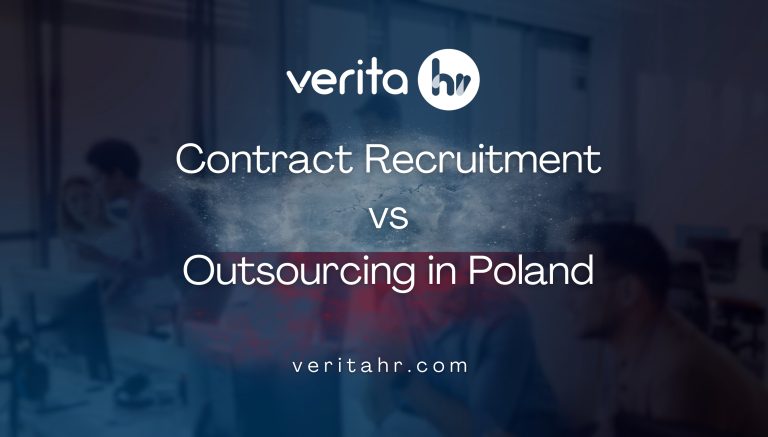One of the most prominent global systematically important banks to embrace flexible working so far has been Citi. The bank allows most of its employees to work remotely up to two days a week. Many other leaders in the banking sector see things differently. They say that working from the office fosters better learning, innovation and culture. Today we look at how financial institutions are facing the return to office challenge.
The latest bank to join the conversation last week was HSBC. Europe’s largest bank, by assets under management, informed staff that those who aren’t meeting its work-in-office mandate of minimum three days a week may end up with less bonus than their colleagues. The move, confirmed by sources familiar with the matter, has had a mixed response among the bank’s 23,000 UK staff, with some calling it a blunt return-to-office push in an era of hybrid work.
HSBC tells its UK retail staff to expect a smaller bonus if they don't show up in office enough https://t.co/FT5hJMta8l
— Bloomberg (@business) May 21, 2025
Which Financial Institutions Are Pushing for Employees to Return to the Office?
In February Revolut, the leading UK Challenger Bank, sent out a press release about its new office in Canary Wharf, London. In the story, Nik Storonsky, Co-Founder and CEO of Revolut, stated how “we care more about what you do than where you do it,” in a direct response to the return to office policies of many leading financial institutions. He added that this statement was regardless of whether or not Revolut have taken up residence in a swanky new office.
Earlier in February, Jane Fraser, CEO of Citi, informed top executives that the bank will stick to its hybrid work schedule. This is in stark contrast to JP Morgan where employees have had to be fully back in the office from March this year.
Morgan Stanley was one of the first Wall Street banks to lure bankers back to the office 5 days a week. One Morgan Stanley insider explained how there is a fear of getting fired, highlighting this by explaining how “out of sight, out of mind – if you’re not there, you’re probably going to be the first to go.”
In 2021, then CEO James Gorman of Morgan Stanley explained how “If you want to get paid New York rates, you work in New York. None of this ‘I’m in Colorado and work in New York and am getting paid like I’m sitting in New York City.’”
Goldman Sachs was also early in its calls for staff to return to the office. It isn’t the revenue-producing employees that are the most reluctant, it is other groups of staff that are proving harder to motivate.
In a December 2024 story from Fortune the topic of banks inspecting your home office was discussed. In the story it’s mentioned how brokerage industry watchdog, the Financial Industry Regulation Authority (FINRA), suspended rules on workplace inspections to make it easier for banks to allow their employees to work from home during the pandemic. Apparently, the agency is now moving back to its pre-COVID requirements for monitoring workplaces. This means that some home offices will need to be registered with regulators and inspected at least every three years.
This has been one of the challenges that has driven the return to work for many of the investment banking divisions of the larger banks.
Michael Roberts, HSBC CEO of the U.S. and Americas, told Bloomberg that while the bank will comply with the FINRA regulations, he wants employees to want to come back to the office.
“What we did not want to do is to force people to come back simply out of decree,” Roberts told Bloomberg in an interview.
Should You Return to the Office Fully?
Whilst the office attendance topic continues to return, there is still a lot of flexibility for employees to work from home. One of these areas is in the tech sector and the startup ecosystem.
Saying that, Amazon and Dell have both enforced a full return to the office, and they aren’t the only ones. This was highlighted in a report by S&P on ‘Return to Office Mandates and Brain Drain,’ which showed how firms were more likely to mandate a return to the office if their share price drops.
Glassdoor is one area that the return to office mandate sticks out. Negative reviews on the portal are often by employees who want a more flexible working arrangement.
This has opened an opportunity to smaller firms who are keen to embrace talents disillusioned by policies at the larger corporations. Another area to develop is being pro-mothers.
In January 2025 the HR Magazine wrote about how women who work from home could be at risk of missing out on opportunities at work. At the Nationwide bank in the UK it was found that men are more likely to come into the office than women. This has been confounded by a 2023 report from Totaljobs stating how one in ten working mothers has quit their jobs due to childcare pressures.
There is no one size fits all to the conundrum of today’s return to the office story. Some companies may be able to buck the trend like Citi. Others will look for shareholder returns as well. What is clear is that there is more change ahead. Especially when working with people.
Want to find out more about trends affecting the largest financial institutions in the world today? Interested in working in banking? Contact Verita HR today!
#ReturntoWork #FinancialInstitutions #Banking #FlexibleWorking #HybridWorking #VeritaHR
Author: Andy Samu
See Also:
Can HR Professionals Still Work Remotely in 2025? – Verita HR
The Rise of Hybrid Work in FinTech: What HR Leaders Need to Know – Verita HR






